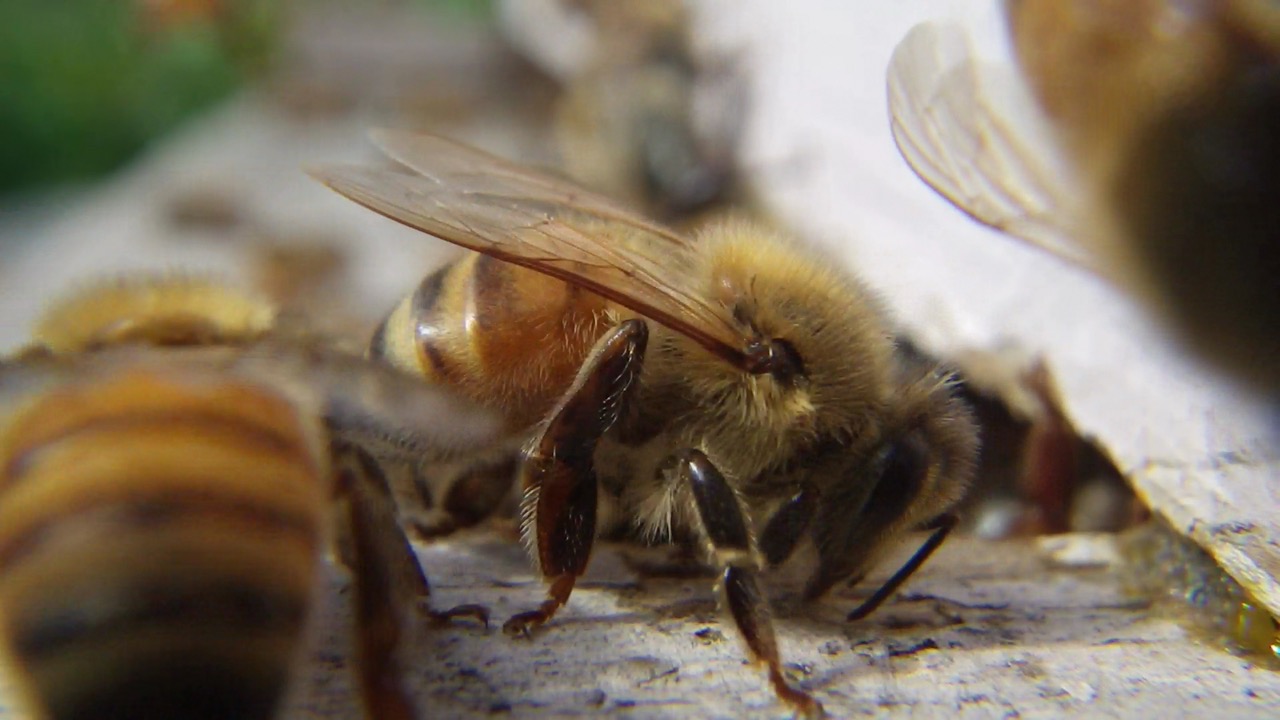
Photo credit: Jon Snyder
By Christina Fuoco, VMD, CVA, CCRT
Medical Director
WAG: Whole Animal Gym
wag-philly.com
Spring has sprung and the bees are buzzing! With bees, comes honey. And honey benefits dogs and their owners.
Honey dehydrates bacteria – which makes it a very effective antibacterial. A 2016 study concluded that “the healing process of the surgical wound and its final aesthetic result could be improved by using honey dressing.” Honey may also help with allergic reactions. How?
Honey also helps relieve inflammation and seems to help with allergies, though here there is some debate. Doubters question whether there is enough pollen in honey to help build immunity. Supporters believe that a smaller quantity is more likely to affect the immune system just enough to keep it from generating an immediate allergic reaction. That in turn enables the immune system to become accustomed to having that pollen around. When pollen season arrives, the immune system is no longer programmed to react.
For allergies, be sure to choose raw honey, collected locally. Too much processing tends to affect the enzymes. And if the honey isn’t local, it likely won’t have the right pollens.
But if you or your dog has had anaphylactic reactions to bee stings, you should consult with your doctor about the risks of eating raw honey.
For a fascinating look at beehive activity, click here: House party at the hive
Dr. Fuoco is a traditionally trained veterinarian with additional certifications in canine rehabilitation and acupuncture. She has developed a holistic approach to her medical practice, balancing the best of Eastern and Western medicines. Her husband keeps bees and sells raw local honey for dogs at WAG.
[cro_button text="Back to Chew on This Vol. 1, No.2" link="http://us9.campaign-archive1.com/?u=6e209ceaaa80d7f3a608371e7&id=baed600532" color="1"]
